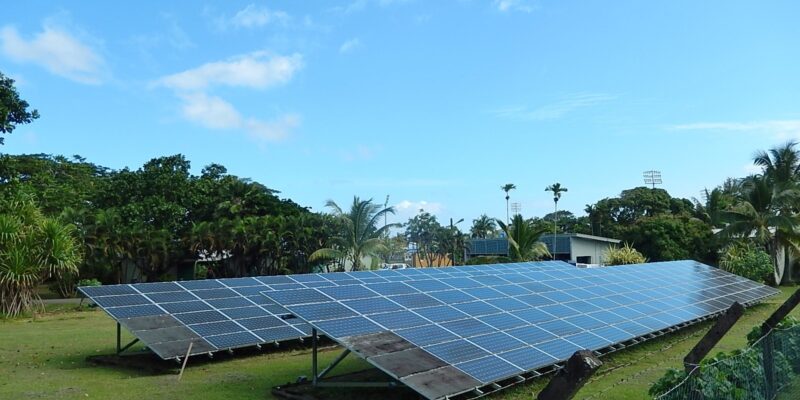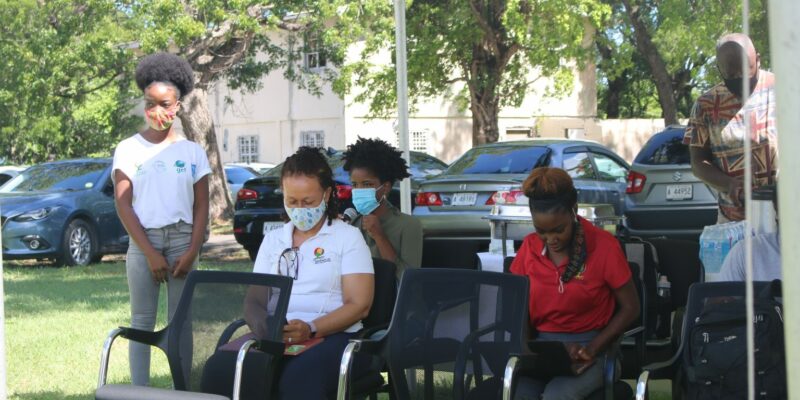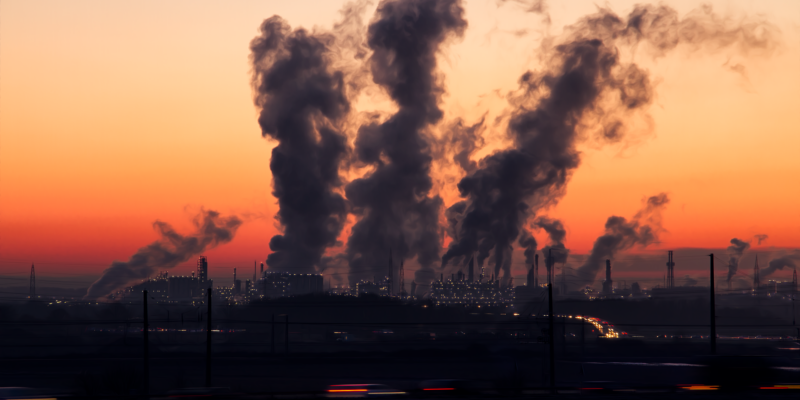Comment
Insights and expert analysis on climate issues.
Share


In it for the long haul: Lessons in developing mid-century decarbonisation strategies
Raghuveer Vyas
The COVID-19 stimulus and recovery plans that governments put forward at this critical juncture present a unique opportunity to embed ambitious climate action into national sustainable development visions.

Governments have committed more than $12tn to kickstart economies following the Covid-19 pandemic. A climate-positive recovery would both stimulate the global economy and accelerate the deployment of low-carbon energy supply and energy efficiency measures.

Despite the compounding challenges posed by the coronavirus pandemic, its economic fallout and a slew of tropical storms, small island nations still prioritise fighting the existential threat of climate change. They are pressing on with strengthening their climate commitments under the Paris Agreement, which governments are expected to communicate by the end of 2020.

Despite a bumpy 2020, the Carbon Offsetting and Reduction Scheme for International Aviation (CORSIA) is finally poised to take off in 2021. But will it actually reach its destination? Worse yet, given the impetus for a green recovery from the pandemic, is it sending the wrong signal? More importantly, what can Small Island nations do to help CORSIA get back on track?

Carbon dioxide removal (CDR) – also known as “negative emissions” – is needed to achieve the goals of the Paris Agreement. This means that solutions – whether natural or technological – and governance mechanisms will need to be ready for scale-up in the next couple of decades. But who should bear the responsibility for developing and deploying CDR?

Land-based solutions can help mitigate and adapt to climate change, but some could make it more difficult to achieve the Sustainable Development Goals. Scientists from our LAMACLIMA project explain what this means and how the project can improve our knowledge and implementation of land-based solutions.